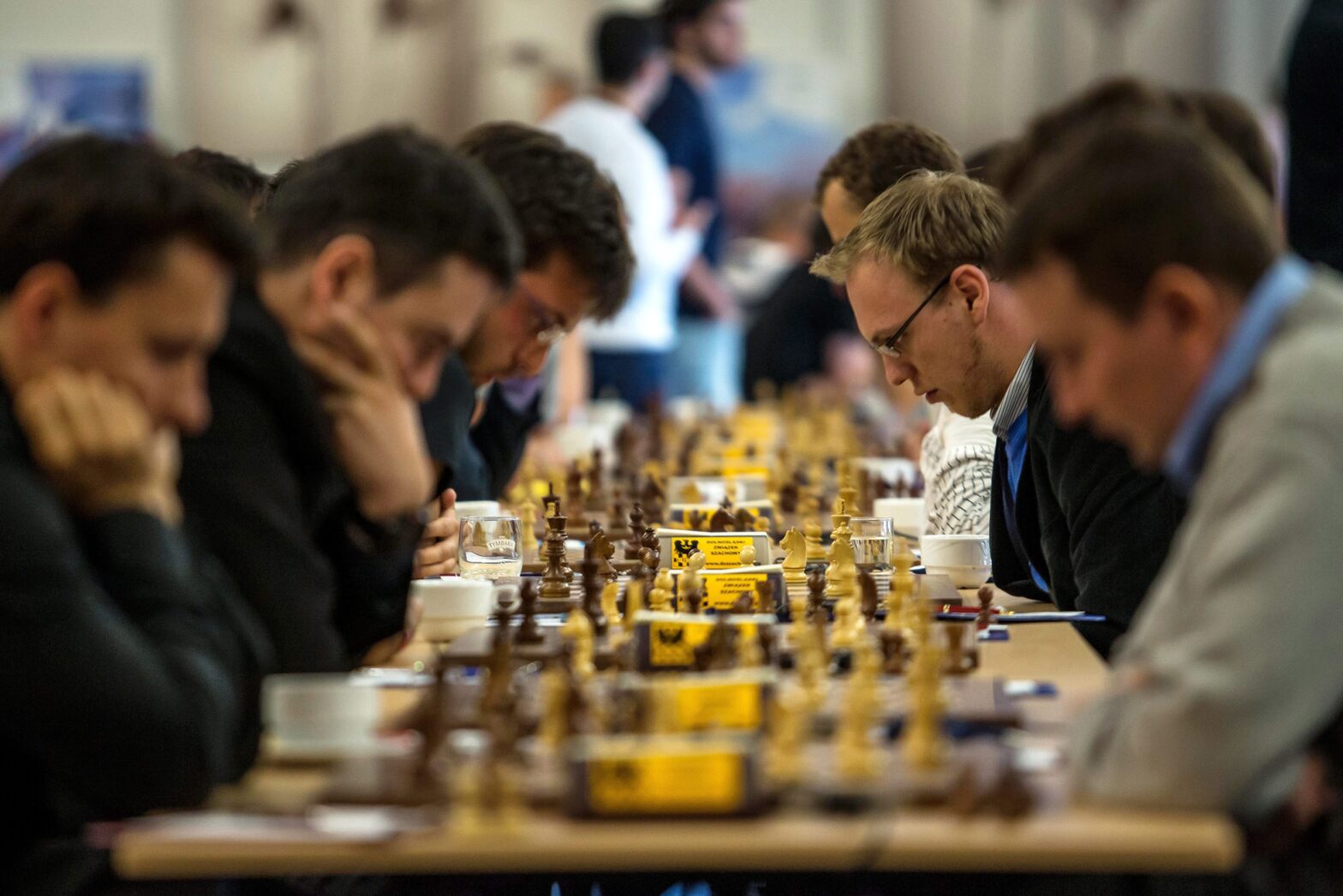The biggest problem of today’s European Union is that the citizens do not trust institutions, both at the European and the national level. But there is a solution in the form of strong pressure from the outside and radical changes within institutions , concluded Dr. sc. Jordi Vaquer, director of the Open Society Initiative for Europe, at the lecture entitled “The crisis of European democracies: resistance, reform, disintegration or regression”, which was held last week at the Faculty of Political Sciences, University of Zagreb.
The economic crisis, crisis of democracy and disintegration – these are the three types of crises that are not correlated with each other, and Vaquer is talking about them to review the current situation. The economic crisis can be identified by growing poverty, unemployment and insecurity, and although all countries have experienced this kind of crisis, each one is different in the way in which the crisis appeared. He corroborates that with examples of Germany where the topics such as multiculturalism and migration are on the agenda, whereas, in Spain these topics were almost not discussed at all.
Cultural wars and the “separation” from society
The second is the crisis of democracies in European countries. The trust in institutions is reduced because the political power cannot or do not want to take control over economic power. Citizens do not trust in the EU institutions, but the much bigger problem is that citizens do not believe in the institutions of their own country. Finally, the third is a crisis of values, namely, Vaquer believes that there is no consensus among European states, noting that democracy has not done its homework. The cultural wars are fought about various topics such as abortion, race, multiculturalism, inequality, LGBT rights, etc. A large difference in values leads to extremism in the EU, and those who advocate for certain rights are”segregated” from the society.
Vaquer believes that the conclusion that people turn to illiberal ideas because the economic situation is bad, is not accurate and it corroborates it with the examples of Sweden and the Netherlands, which are not so much affected by the economic crisis but there has been a rise of extremism and the crisis of values. Meanwhile, in Spain, Portugal and Ireland, which were strongly affected by the crisis, there has not been a crisis of values.
Furthermore, Vaquer is talking about the disintegration, which is happening from top to bottom, and vice versa. Disintegration of the above is happening because countries are not solidary with one another, and creditors are dictating debtors what they should do. Disintegration from bottom occurs because governments do not have the confidence of their citizens. All of that is leading to social division and development of hatred, anti-Semitism, generational issues are very pronounced and because of that young people are losing the most in this crisis. People find it easier to stay home than to actively fight against the system, as they think that collective action will fail or someone else will benefit from it for himself.
Fragments, populists and the image of society
For all these reasons there is a revival of national identities and in that clash the left is losing at the expense of the right. Different fundamentalist groups are occurring; the extreme right and authoritarian groups, which regularly use violence, are growing, as well as the religious populism. However, the good news in all this is that there are many such groups and they are highly fragmented, advocating a different value and there is little chance for their unification, emphasizes Vaquer.
All these problems have led to resistance to crises. Activists have been “woken up” and realize that they must somehow make their representatives in parliament to truly represent their interests and not the interests of banks or interest groups. The protest mobilization is occurring (in Iceland, Greece, Spain, Slovenia, Bulgaria, and Bosnia and Herzegovina). Although today they are no longer on the streets, Vaquer assures that the activists are still very active in advocating policy changes. A new generation of young activists who look to the politics at different way emerged, Vaquer is hoping that this new activism will retain and really change something.
Commenting the elections to the European Parliament, he believes that the turnout in the elections will be devastatingly low and the radical populists are going to benefit from this. The upcoming elections will be a picture of what citizens think about their own governments, not the EU. Vaquer concluded his lecture by expressing concern about the situation in the EU, once again emphasizing that the biggest problem is that citizens do not trust institutions, both at the European and the national level. He sees the solution of the problem in the strong pressure from the outside and radical changes within institutions.
